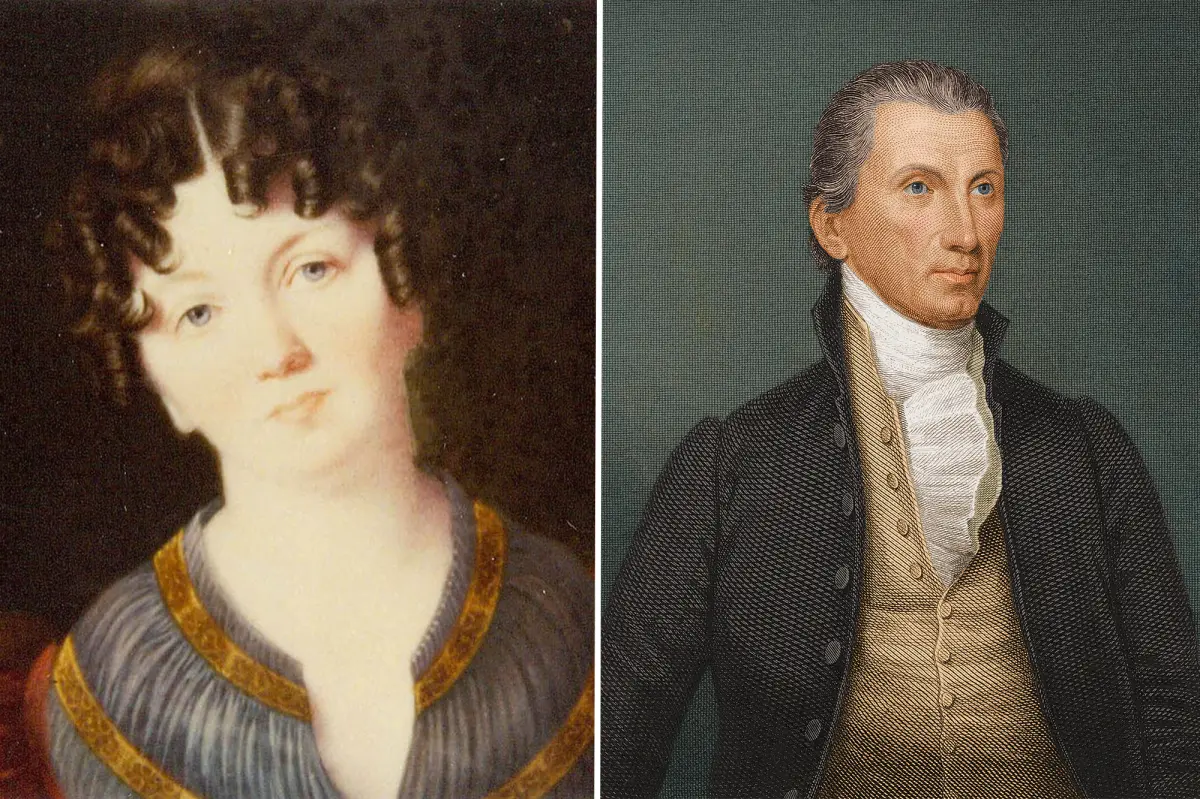Copyright National Geographic

Soon after she rounded 50, Susan Shaw noticed that things began slipping through her brain—where she parked her car, who she needed to call, even the birthday of her best friend. An avid multitasker at work, suddenly the smallest disruptions threw her off. In the five years since, the problem has worsened. “My brain works differently now than it used to,” Shaw says. She compensates by creating elaborate to-do lists and asking coworkers not to interrupt. Fortunately, one thing Shaw does not worry is that her symptoms might be a sign of early dementia. She works as an obstetrician/gynecologist dealing with midlife women at Kaiser Permanente in Sacramento, California, so she knows cognitive symptoms like these are common during the menopause transition. Some 41 percent of women complain of forgetfulness during this time, for example. Other issues frequently cited are brain fog and difficulty summoning a word. Menopause researchers are increasingly documenting changes in the brain, like shrinking brain volume and reduced blood flow, that may be behind these cognitive complaints. And they’re trying to connect these brain changes to the hormonal shifts that begin in the years before menopause, known as perimenopause, and continue after menstrual bleeding stops. (What is perimenopause? Your brain may hold a clue.) “Menopause is not just a hormonal process, it's also brain-transition process. There are documented structural changes going on in the brain,” says Angélica Rodríguez, a graduate student at Puerto Rico’s Ponce Health Sciences University, who presented a review of this research at the annual conference of The Menopause Society in Orlando, Florida, last week. LIMITED TIME OFFER A decade ago, women primarily mentioned hot flashes and night sweats at their appointments, but in recent years “we've started to hear more of these symptoms from patients,” Shaw says, noting this is likely fueled by the increased research as well as greater societal openness about the array of changes menopause brings. Still, many questions remain, because menopause neuroscience remains underfunded, Pauline Maki, a longtime researcher on women’s cognition at the University of Illinois at Chicago, told clinicians at the conference. Areas involved with memory are physically shrinking Rodriguez’s review examined five major studies published between 2020 and 2024. One in the journal Scientific Reports involved several different types of brain imaging in more than 150 women. It found that the volume of the brain’s cortex—the area involved with memory, information processing, and other cognitive functions—as well as the white matter connecting the neurons do decline during perimenopause. Blood flow in the brain also diminishes. Other studies link menopause to reductions in the hippocampus, where memory formation and spatial navigation occurs. Rodrigues’ review additionally highlighted that, over time, menopause increases the density of estrogen receptors in the brain. This uptick has been linked to worsened memory and cognition. For some brain changes, the age that women go through menopause may be a factor. Those whose periods cease before 47 are more likely to have minute damage to the small blood vessels in the white matter, known as hyperintensities, than those who do so after 55. (The average age of menopause in the U.S. is 52.) Are the changes from hormones or aging? One key question for researchers is whether observed brain changes result from menopause’s hormonal shifts or from aging alone. It’s long been known that brain volume starts to decline in everyone after age 35 and accelerates after 60. Age did not appear to be the key factor in the changes found in the Scientific Reports study, since they did not occur in similarly aged men. But a separate experiment presented at the menopause conference last week found the woman’s stage of menopause had no impact on brain volume. This study involved more than 200 healthy midlife women who had at least one brain scan. Several parts of the brain’s cortex showed shrinkage, but this only correlated to the women’s age. “Based on our research, the answer to question of ‘Are women's brain shrinking during menopause?’ is that women have only normal age-related declines in brain volume and these declines are not accelerated or exacerbated by menopause,” says Katrina Wugalter, a doctoral candidate in psychology at the University of Illinois Chicago and the study’s lead author. Wugalter’s results differ from others because, she notes, those past studies were too small or used less exacting criteria to determine menopause status than a “gold standard” evaluation based on current bleeding patterns instead of the woman’s age or recollections. To truly settle this question and others, researchers need to scan the brains of the same women over many years as they go through the menopause transition, a design known as longitudinal research. At least one such study is now underway at the Women’s Brain Health Initiative at the University of California, Santa Barbara. For most, the changes are not linked to Alzheimer’s Women often fear their forgetfulness and other cognitive symptoms might signal an increased risk for dementia, but in most women the two are unconnected, says Emily Jacobs, a neuroscientist who heads the University of California initiative. Her team previously documented brain changes over the course of pregnancy and has shifted to doing the same for menopause. Every woman will go through menopause in midlife, Jacobs points out, but only 20 percent ever develop Alzheimer’s disease. “Neurological symptoms during menopause are common and transient, and rarely are they a sign for concern,” Jacobs says. There is one group that may have a higher dementia risk—women who complete menopause before age 40. They face a 35 percent higher risk of developing dementia over the course of their lives, according to a large cohort study following more than 150,000 women in the United Kingdom known as the UK Biobank. A second may be women who suffer especially severe hot flashes and other vasomotor symptoms. Maki’s lab linked this to increased white matter hyperintensities in a small study of 20 women. The reason for both these increases remains unclear. Does hormone therapy help cognition? It is also unknown whether the menopausal hormone therapy (MHT) commonly prescribed to treat hot flashes could improve deficient cognition or stem the physical brain changes. No randomized clinical trial—the highest standard for medical studies—has evaluated MHT for cognition in women with hot flashes, so it should not be prescribed for this outcome, Maki told the clinicians at the conference. That said, doctors prescribing MHT for hot flashes may find their patients also get cognitive benefits. This may also be the case for newer non-hormonal treatments, she said. (Is it possible to cure hot flashes? We may be getting closer.) Younger women experiencing surgical menopause when their uterus and ovaries are removed could especially see cognitive improvements from MHT, Maki’s preliminary research shows. Here, too, the reasons are unclear. Who else might improve and when they might benefit may not be straightforward. Jacobs’ recent study involving other UK Biobank participants, which used retrospective reports of menopause status, found that current—but not prior—MHT users and those stopping hormone therapy later had lower gray matter and hippocampus volumes, indicative of older brains, while women on the therapy who’d had a hysterectomy had more, or “younger,” volumes. “What the paper says is, it’s complicated. There’s no one-size-fits-all approach to menopausal hormone therapy,” Jacobs says. Are the brain changes permanent? Another huge question is whether the physical and cognitive brain changes reverse after a woman completes the menopause transition and has gone a year or more without a period. In the Scientific Reports study, researchers found normal levels of gray matter and blood flow in the brains of post-menopausal women. But white matter volume was still lower. As for symptoms, some scientists refer to the cognitive issues as a transitional response, but Rodríguez says many of the older women she talks to insist some deficiencies remain. “We have good research on the hormonal processes of menopause, but we don’t have enough on the brain processes,” Rodríguez says. “It’s important to connect the two as a way to understand the whole picture.”



